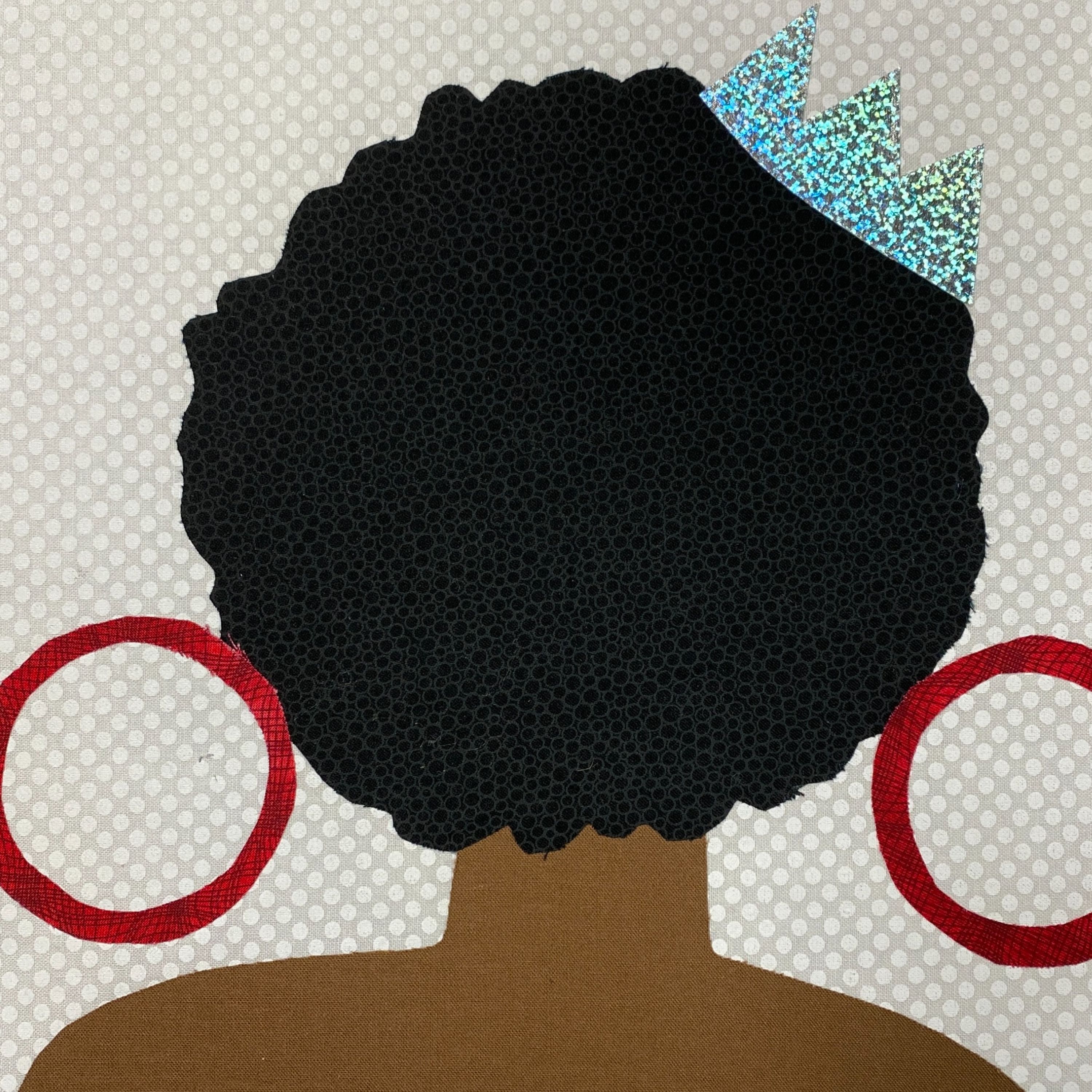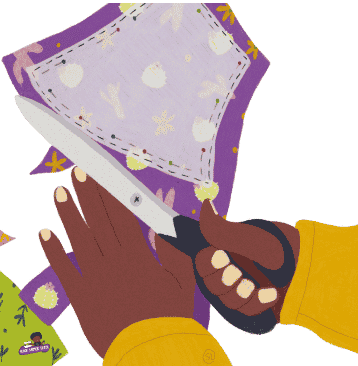Support the Stitch Please podcast and Black Women Stitch
Buy these amazing STITCH PLEASE pattern weights Made by Bianca Springer of Thanks I Made Them! 20% of September purchases will be donated to us!
$15 to the Paypal account for a Black Women Stitch lapel pin! DM or email your mailing to address for free USA shipping. You can also use Cash App
Sustained financial support also appreciated here: For as little as $2 a month, your Patreon support means a lot: Join here Patreon
FREE SUPPORT Is also appreciated. If monetary support isn't possible, no problem! Please rate, review, subscribe to the podcast. Tell a friend to do the same! This really helps the podcast to increase its visibility.
Register for Lisa's Trunk Show this Friday!
Find Lisa on social media
Website: www.CulturedExpressions.com
Facebookhttps://www.facebook.com/CulturedExpressions/
Instagram: https://www.instagram.com/culturedexpressions/
YouTube: www.youtube.com/CEFabricVideos/Videos
Blog: www.culturedexpressions.wordpress.com
Sign up for the Black Women Stitch quarterly newsletter
Check out our merch here
Leave a BACKSTITCH message and tell us about your favorite episode.
Join the Black Women Stitch Patreon
Check out our Amazon Store
Stay Connected:
YouTube: Black Women Stitch
Instagram: Black Women Stitch
Facebook: Stitch Please Podcast



